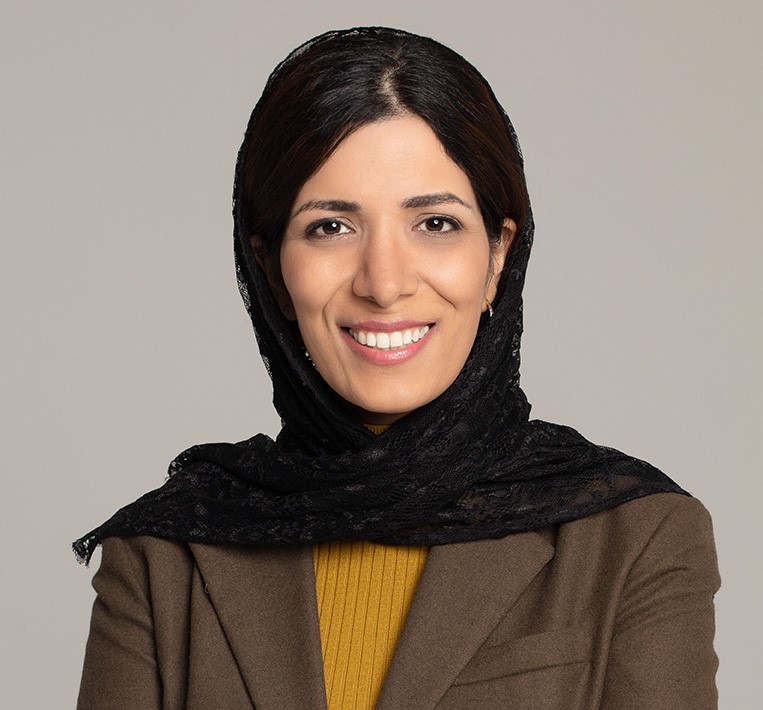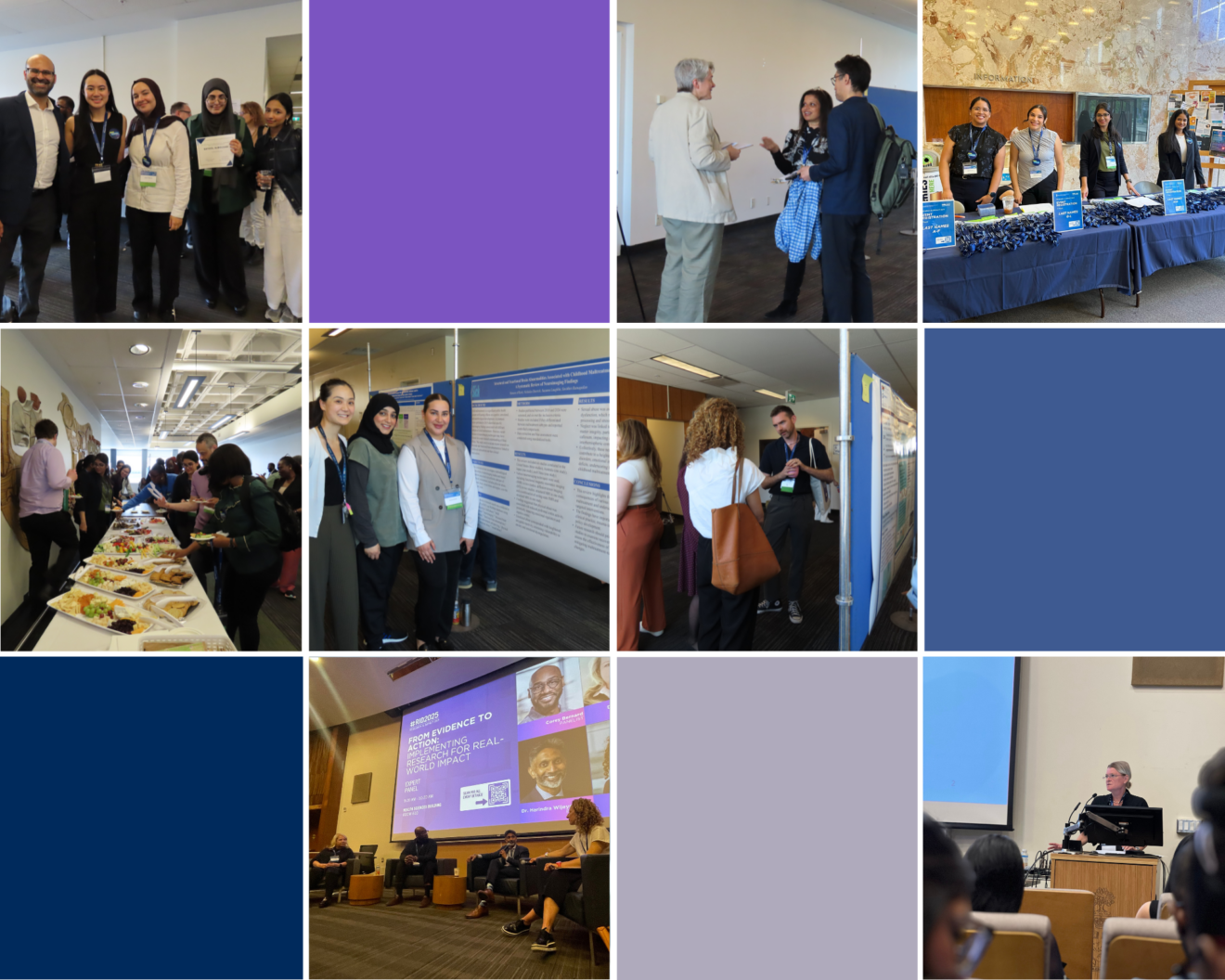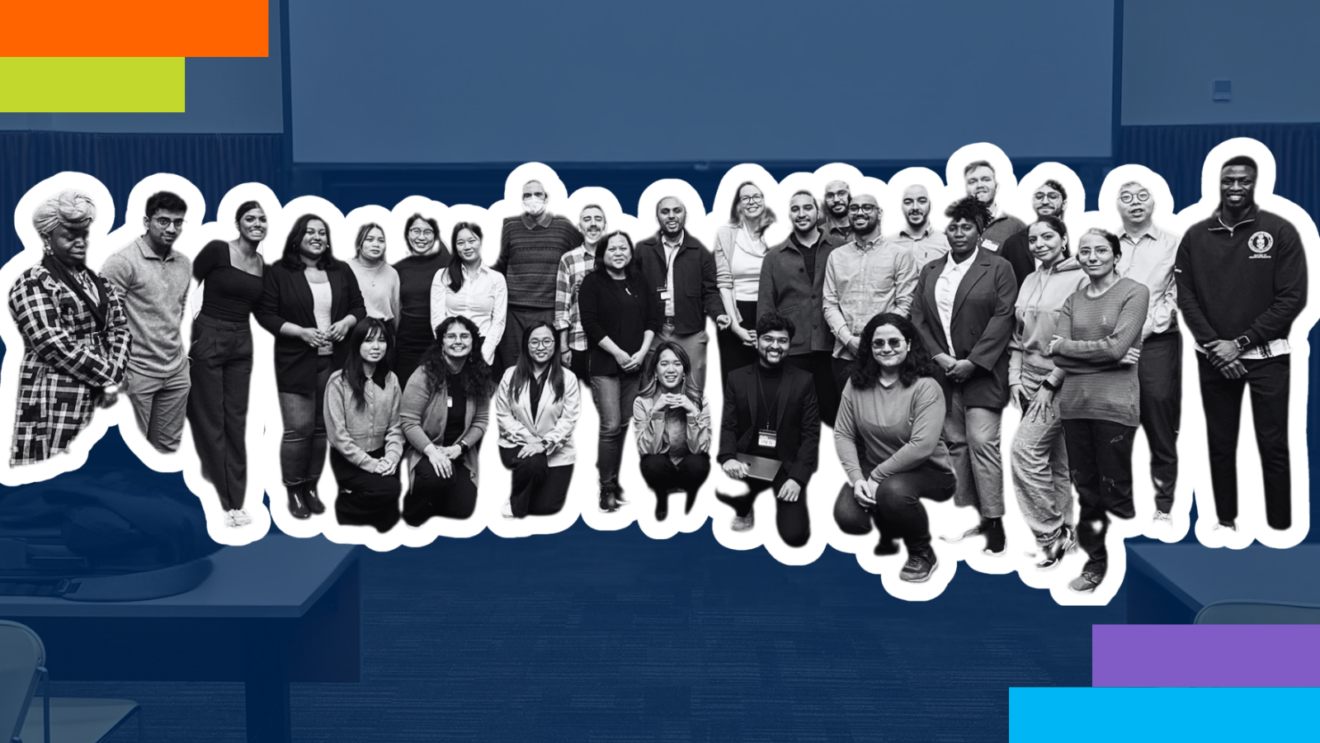
Growing up in Tehran, Iran, Dr. Zahra Shakeri was fascinated with two things: art and math. “My first desire was to become an artist. At the same time, I loved math. When I was in fifth and sixth grade, I could spend hours and hours solving math problems,” says Shakeri, over a Zoom call on a sunny May afternoon.
Shakeri, who has worked in computer science for 15 years, can now say she thinks the discipline blends those two interests in that it requires both problem-solving and creativity. She completed her PhD in computer science at the University of Calgary, where she also did a postdoctoral fellowship in health informatics. She moved to Boston, Massachusetts to complete a second postdoctoral fellowship at Harvard Medical School in health informatics and information visualization. In June 2022, she joined the Institute of Health Policy, Management and Evaluation as an assistant professor in the Clinical Epidemiology and Health Care Research, and Health Systems Research programs. She specializes in data science methods for population health and health systems.
Here, she speaks to Alisa Kim about her research, what drew her to IHPME and what she looks forward to living in Toronto.
Tell me about your doctoral research.
My doctoral research was on the cognitive costs of task-switching and task interruptions in software development projects. The cognitive cost can be defined as the time needed to resume an interrupted task or start a new task. We implemented surveys at tech companies like Microsoft, Google and Tableau to observe how employees saw a cost with these interruptions.
I developed a visual dashboard coupled with machine learning and artificial intelligence components to help users manage the information to minimize cognitive cost. The tool was a combination of data visualization, software engineering and machine learning. We observed the impact of task interruptions on memory and sought to find a way to help users and software developers recall information in that part of the memory before the interruption to resume tasks smoother.
What did you work on during your postdocs?
In my first postdoc, I led a digital public health surveillance project in collaboration with the Public Health Agency of Canada (PHAC) to observe how social media data can be used to predict Canadians’ behaviour in terms of physical activity, sedentary behaviour and sleep disorders. Collecting data for public health surveillance research using traditional survey methods are often challenging as they are usually out-of-date and expensive to manage. We wanted to study the feasibility of using publicly available [social media] data to study the same problem in a more timely manner.
We used Twitter data generated by Canadians from 2018 to 2021. I developed a pipeline starting with real-time data collection and labelling the data using crowdsourcing services (Amazon Mechanical Turk). In an iterative process, I implemented machine learning models to see if we could predict these behaviours using social media data. After matching the results of our analysis with data published by PHAC, we found some statistical consistency between the results, which was very interesting.
At Harvard, as a member of the 4CE Consortium, I worked with an international team of researchers from the U.S., Italy, France, Germany, Brazil and Singapore to address clinical and public health questions about COVID-19 by leveraging electronic health record (EHR) data-driven studies. The focus of my research was on developing visual analytics systems and tools to add an interface or a communication medium with end-users of our research. I also developed a visual analytics toolbox as a data exploration aid for patient outcomes, public health and epidemiology researchers.
What are your current research interests?
Health informatics and precision (public) health. Personalized medicine and population health should work hand in glove and complement each other to improve both precision and population care in a health care delivery system. Developing a robust data and intelligence infrastructure using data (EHR and digital), visual, and novel analytical adaptors is the main focus of my research to prioritize high-risk patients based on context-sensitive and individualized risk scores and improve diagnosis sensitivity, treatment planning and equity in clinical decision-making.
Why did you want to come to IHPME?
I always wanted to do research with a lasting impact on human life. I chose IHPME and DLSPH because they provide a multidisciplinary environment for me to apply machine learning, AI, and visualization tools to large-scale health data to address challenging and relevant public health and biomedical problems. IHPME is a dream place where I can get support from amazing colleagues, the diverse student body, and other research teams.
What do you look forward to living in Toronto?
I look forward to taking in the beautiful architecture of buildings in Toronto and exploring the art galleries that are within walking distance from the campus. I imagine this city as a bustling place full of life, diversity, art, history and science, and I’m super excited to explore all its wonders!
What do you like to do outside of work?
I enjoy baking and painting landscapes and my childhood memories in oil and acrylic. Painting is something I do a lot when I have time. I like to give them as gifts to friends.

Related News

Sign up for IHPME Connect.
Keep up to date with IHPME’s News & Research, Events & Program, Recognition, e-newsletter.
Subscribe to Connect Newsletter
Get in Contact
Communications
Marielle Boutin
Email Address: ihpme.communications@utoronto.ca





